How to Manage Freelance Projects: Avoiding Procrastination and Setting Priorities
By Anissa Durham
For the last few months I have been doing a bit of an eat, pray, love adventure around the world — during that time I thought I would be able to successfully freelance but didn’t take several factors into account. That’s why I’m partially hesitant to give advice about how to manage freelance projects.
For starters, I forgot how hard traveling is on the body. And in more than one country I visited my WiFi connection was nonexistent. By the time I reached my final country before heading home to the states, I also got sick. It felt like one thing after another, each pushing me further back from completing my work.
I’ve learned some hard lessons about how to manage freelance projects. That’s why I reached out to a couple freelancers for their advice.
Setting priorities
Emily Penrod is a freelance social media marketer who transitioned into freelance marketing last summer and now runs Moxxie Communications. She said she has found herself biting off more than she can chew on several occasions, but prioritizing projects has helped.
“There will be periods where I have too many projects running simultaneously and I’ve learned the best way to tackle it is by making a firm task list each day and organizing it by priority level,” Penrod said. “Even though it can be achieved, it’s always best to be self aware of your professional boundaries and learn when to say no.”
Penrod also credits the use of her Google Calendar to help her stay organized. She categorizes each of her clients by color in the calendar and has daily maintenance items and special tasks identified.
Sarah Belle Lin, an independent journalist said they enjoy the project management aspect of freelancing, but learned firsthand the impact of burnout.
“When getting started, or full-time freelancing, there’s often little to no time left for my other interests, hobbies, social life, sleep, relationships,” Lin said. “I find myself making big sacrifices daily. These days, I’m learning to better juggle my priorities now that I’ve gained more clips and experience in the field. If there’s anyone to demand time off from work, it has to come from yourself.”
When you feel like procrastinating
Procrastination is easy.
You sit back, relax and tell yourself not to think of the project, assignment or impending deadline you have. But at its core, there’s a few reasons you might procrastinate. You might procrastinate because you underestimated your time commitments, are a perfectionist or perhaps you’re afraid of failure.
In my case, after going weeks without writing anything I started to doubt whether I lost my “flare” of writing. I essentially pushed everything to the last minute. But this isn’t about why you may procrastinate, this is about what to do when you feel like procrastinating.
Instead of focusing on the “what ifs” try to schedule a time frame in which you need to complete a certain amount of work. Changing your work environment can help, too. Working on your bed only fuels procrastinating tendencies, instead try going to a library or quiet coffee shop.
If you’re worried about failing, just remember you wouldn’t have that assignment if an editor or manager didn’t believe you could do it. Also, don’t be afraid to reach out to other freelancers who may have experienced similar feelings. Sometimes all you need is a pep talk or an ear to listen.
Procrastination can happen to everyone. But don’t let it steal the time you can use to create great work.
Here’s some tools to aid you in how to manage freelance projects:
Google Calendar is a time management and scheduling service.
Basecamp is an app that allows remote workers to organize their projects.
Notion is a project management and note-taking software program.
HootSuite is a social media management platform.
Benefits of managing projects
Freelancing can be challenging — especially when you have to juggle multiple assignments alongside chasing invoices, saving for taxes and meeting with new clients.
Lin said “balancing financials, practicing negotiation, applying for grants, building out schedules, finding allies and regular clients” has shaped them to become a better journalist.
“I get to mold my own model and mission statement, and as I gain more experience, I only accept those into my professional life who support that,” they said.
At times, saying no because you already have too much on your plate can be challenging. But that’s just part of freelancing. Knowing what you can mentally and professionally take on is a skill you need to learn. And don’t be afraid to ask for advice. As a new full-time freelancer, I’m still learning as I go. And you can, too.

